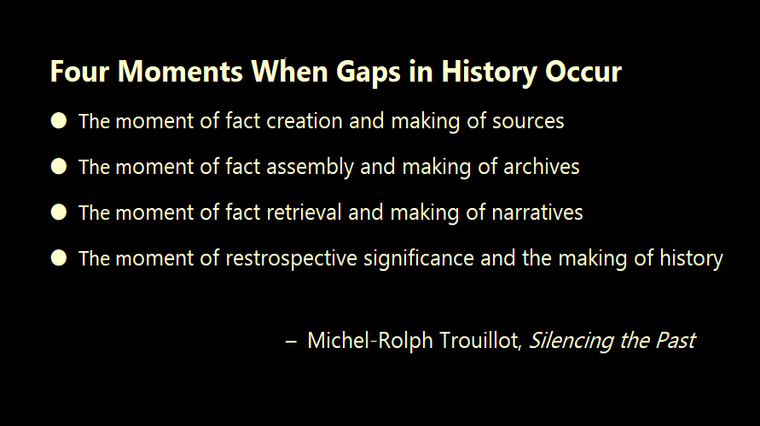Turkey’s Crackdown on Academics: New York Times
Ayse Gul Altinay’s research focused on violence in Turkey and strategies for breaking the cycles. In May, the Turkish government sentenced the professor of anthropology and director of Sabanci University Gender and Women’s Studies Center of Excellence to 25 months in prison for signing a petition supporting peaceful resolution of Turkeys’ conflict with Kurds, reports the New York Times. “Of the petition’s more than 2,000 signatories, nearly 700 were put on trial and over 450 were removed from their posts by government decree or direct action from their own university,” writes Brennan Cusack. “The ongoing repression will cost future generations knowledge that is vital not only to overcoming past trauma, but also to easing the perpetuation of conflict.” The Erdogan government’s early reform initiatives encouraged academics. Since an attempted coup in 2016, the government has targeted academics who express opinions on sensitive topics such oppression of the Kurds and deportation and genocide of Armenians during World War I. The country redefined treason and closed more than 100 universities. Turkey’s scholars will continue to think, debate and write, and the government will struggle to explain this extreme and insecure crackdown to the rest of the world. – YaleGlobal
Turkey’s Crackdown on Academics: New York Times
The Turkish government's campaign of silencing and prosecution academics is creating a vacuum for research and historical review at a pivotal moment
Wednesday, July 10, 2019

Read the article from the New York Times about Turkey’s crackdown on academics and universities.
Brennan Cusack, a journalist, was based in Cairo and Istanbul from 2017 to 2018. She is an associate producer of The New York Times television show “The Weekly.”
The New York Times
© 2019 The New York Times Company